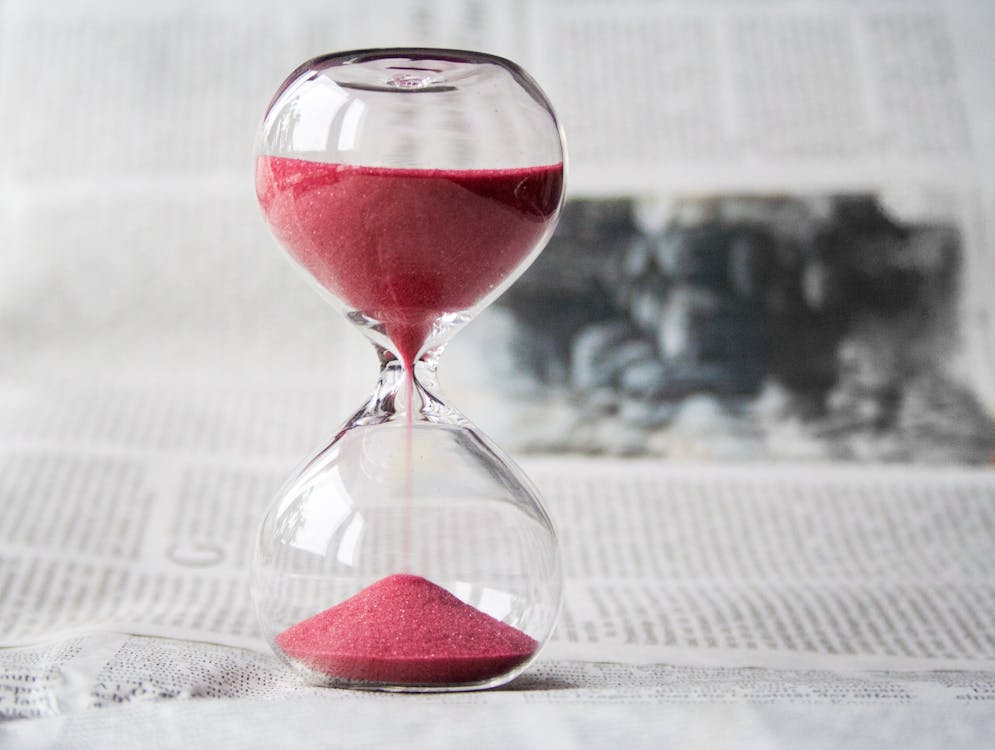
Based on a 2018 Gallup poll, only 37% of young adults (34 and under) invest in the stock market. That's pretty alarming. It means more than half are hindering their ability to save for retirement.
By not investing early, the power of compound interest is dampened. Compound interest works like a snowball on a hill, the taller the hill (the longer the runway), the bigger it'll grow. The sooner you invest, the more money you'll have.
Many are simply stockpiling money into their bank accounts. Checking accounts typically don't pay anything. With savings accounts, you're lucky to get 1-2%.
Inflation is about 2%. Thus, with a checking account, you're losing money every year in terms of purchasing power. With a savings account, at best you break-even.
Stocks have a higher expected return, averaging ~ 7% annually (inflation-adjusted). The higher return is due to the higher risk. Stocks are more volatile, able to dramatically go up and down in the short-term. However, if you're able to think long-term, you can ignore the noise and enjoy solid returns over time.
The higher returns makes it so much easier to save for retirement. We can demonstrate this with an example.
Mark's Million Dollar Dreams
Mark is a 35 year old web designer and plans to retire at 65. He's determined that $1M is needed before he can hang up the keyboard (and tell his coworkers how he really feels).Mark doesn't invest in stocks. He doesn't understand them and is more comfortable with his trusty old checking account.
Assuming Mark's starting from scratch. Without earning any interest on his money, he'll need to save $2083.33 a month to reach his goal. That's a lot of saving!
If Mark instead decided to invest (assuming a 7% return), his required monthly savings drops to $819.69. Big difference.
Even better, if Mark could rewind time and start investing at 25 instead of 35, he would only need to save $380.98 a month. Even a bigger difference. Starting early for the win!
That's the beauty of compound interest, the impact is not linear, it's exponential. In other words, the return isn't the same every year, the return gets bigger and bigger the more time you give it. Interest on interest is a powerful thing.
Long story short, start now! Even a little helps, get into the habit of investing regularly and build that muscle.

Comments
Post a Comment